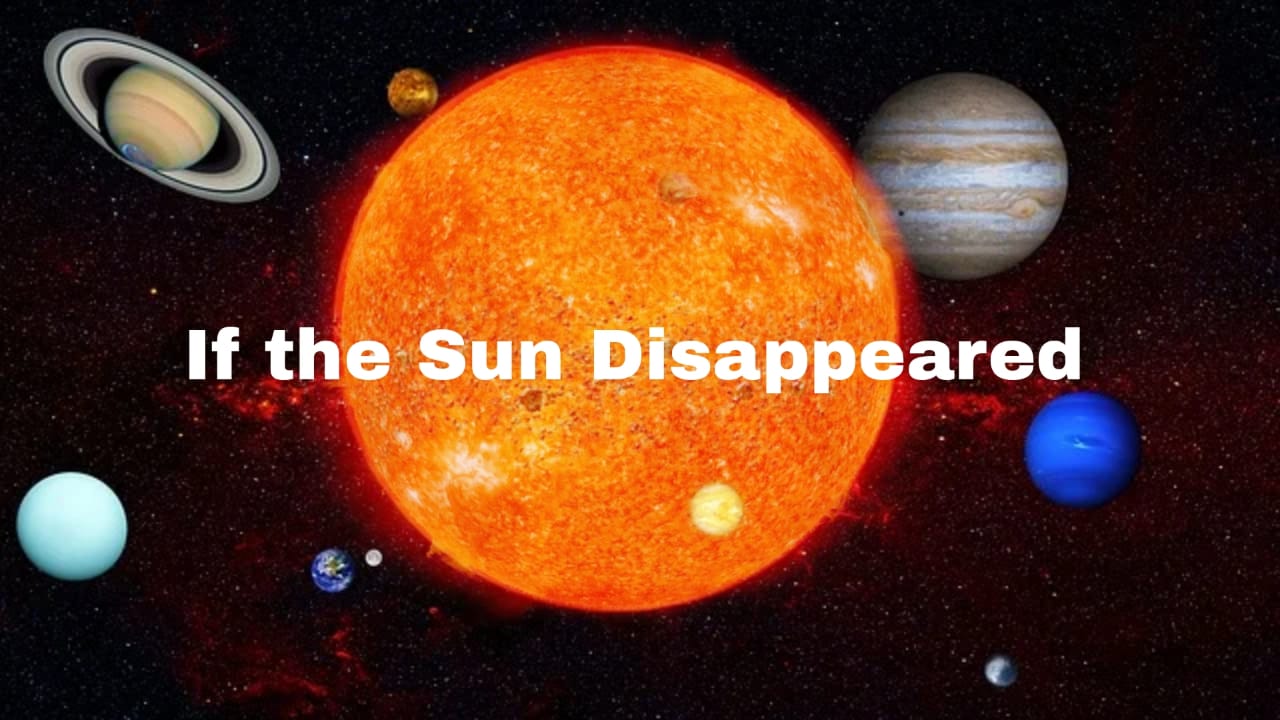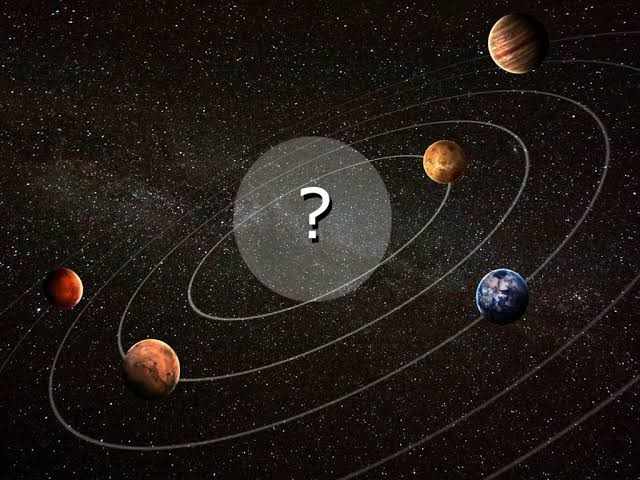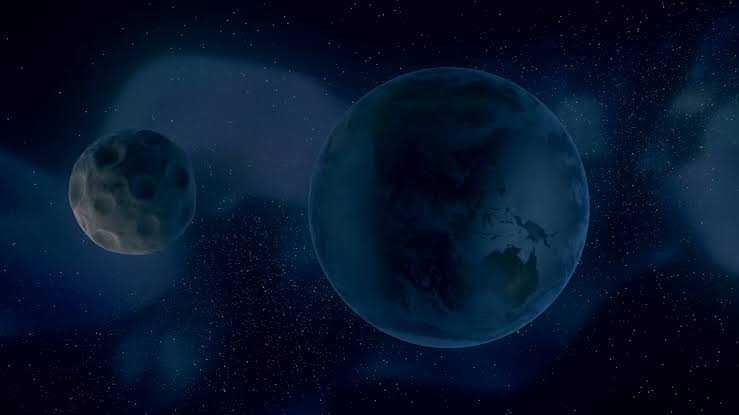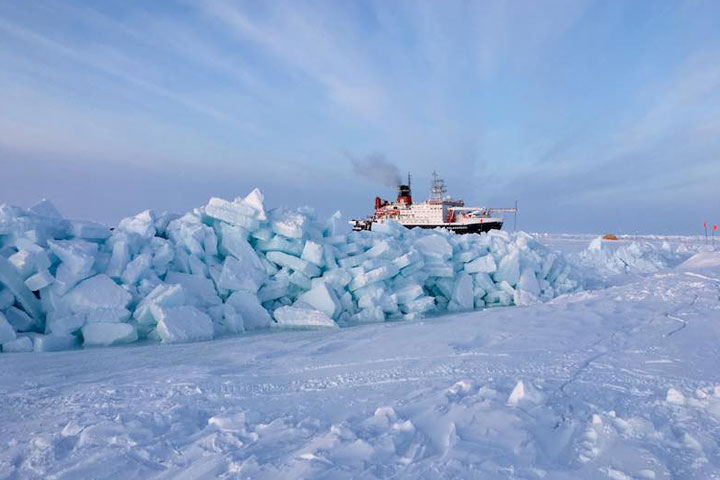For billions of years, the sun has given Earth a supply of light, which is also a critical component for life as we know it, so it’s natural to ask What would happen to the solar system if the Sun disappeared?
The disappearance of the sun would be devastating for Earth, According to all experts. The earth’s gravitational pull would cease if the sun disappeared, resulting in catastrophic consequences for life on its surface.
For the Earth, this implies it would travel at a speed of roughly 30 kilometers per second towards the stars (67,000mph). There could be some later contact amongst the planets of the old Solar System, but otherwise, we’d be drifting through space for the rest of our lives, most likely without ever encountering another object.
On the other hand, planets, comets, asteroids, and everything else in its neighborhood would continue to travel forward. Because all planets orbit the sun in their own unique trajectories, the sun’s absence would force them to go in their own random and unique routes.
Nobody knows for sure what would happen after that, but as far as we can tell, our solar system would be in disarray.
What will happen to the Earth if the sun goes away?
The Sun would simply vanish like the last of the sun’s rays fell onto Earth’s daylight side. The eternal night would descend upon the planet, and Earth would begin its 18-mile-per-second journey into interstellar space.
Is it possible to live without the sun?
All plants, as well as all creatures that rely on plants for existence, including humans, would perish. While some clever people may be able to survive for a few days, months, or even years without the Sun, life on Earth would become difficult to sustain without it.
How long would the Earth be able to function in the absence of the Sun?
If the Sun were turned off, the Earth’s surface temperature would decline by a factor of two every two months, according to a simple calculation. The average temperature of the Earth’s surface is now around 300 Kelvin (K). This indicates the temperature will decrease to 150K in two months and 75K in four months.
Will Earth continue to drift throughout orbit another star?
The earth will, without a doubt, continue to revolve around the sun. Every one of the planets would migrate in the same direction when gravity stopped. Before freezing at -240, Earth will most probably continue on a lonely trip to an unknown area of the galaxy.
Also read: What is the current status of Ozone layer?
Would the Earth Begin to Orbit Sun?
All of the systems will continue to travel in the same directions as they did before gravity was removed if the sun departs. The globe will continue on its present route if the sun disappears, avoiding all other planets.
Is there still a chance that if the planets were in the right locations, they’d interact after losing gravity? However, the chances of this happening are exceedingly slim Mars will most certainly approach Jupiter owing to Jupiter’s enormous pull, but once it gets close enough, it will be pushed away and back into its own trajectory.
What if the sun disappeared for a week?
If you live in one of the many parts of the globe where winters are long, cold, and gloomy – or even short, cold, and dark – when the sun comes out and the flowers begin to blossom, your day-to-day existence becomes significantly more enjoyable.
People get excited about spring because it means putting away bulky jackets and getting out of the office before the sky darkens. The sun is beneficial to the body when used in moderation. It helps you get out of bed in the morning, boosts your vitamin D levels, and may help you avoid seasonal sadness.
In other words, if the sun went on vacation for a week, we’d all be drowsy, weaklings with psychological problems. While losing the sun would undoubtedly irritate even the most laid-back beachgoers, it would also have a more immediate and profound impact on the earth and the people who live on it.
Also read: What are the 7 major Global environmental problems?
What might happen if the sun’s gravity were to vanish?
Earth will travel in a straight line away from the earth if it wasn’t for the sun’s gravitational attraction. The moon would continue to revolve around Earth if Earth exited the sun’s orbit due to gravity.The force that drives the moon to spin around Earth is gravity. The moon would continue to spin around Earth if Earth exited the sun’s orbit due to gravity. However, according to Speck, the sun’s gravitational pull on Earth is highly unlikely to be lost.
How long would life Survive?
Our species would be unable to live if the Earth froze owing to a lack of heat being produced. Some species may adapt to climate change, but we don’t know which ones will; after all, evolution is still a hypothesis that we don’t fully comprehend.
With that considered, one big advantage the Earth has is its capacity to retain heat quite effectively, so it’s doubtful we’d freeze quickly.
Sunshine does not instantaneously reach the earth; it takes around eight and a half minutes for it to reach us, so instead of the instant darkness shown in most catastrophe films, we would likely have a few minutes of sunlight before the darkness set in. Those who are awakened by dark may not even notice the sun has disappeared.
1. It would be very dark
Photosynthesis would cease in the absence of sunlight, but this would only kill some plants—some bigger trees may exist for decades without it. Temperatures would begin to decrease within a few days, and any humans who remained on the planet’s surface would perish quickly.
2. It would be extremely cold treme
And the Earth would get extremely chilly if it did not receive sunlight. The average surface temperature on Earth is currently around 57 degrees Fahrenheit, but without the sun, the average surface temperature would drop below freezing by the end of the first week.
3. Oceans would freeze over
The oceans’ upper layers would freeze over, but the ice would protect the deep water below, preventing the seas from freezing solid for hundreds of thousands of years, in an apocalyptic irony. Because there would be no longer be a gravitational pull from the Sun, the seas’ surfaces would freeze over in a matter of months. Check out the infographic below to learn more about what would happen to us and our planet if the Sun were to go.
4. Some organisms would be just fine
Yes, some life will be fine and some will not If you put a hot cup of coffee in the refrigerator, it won’t go cold right away. Similarly, if the sun simply “went off” (which is technically impossible), the Earth would remain warm for a few million years at least in comparison to the space around it. However, we on the surface would feel the chill far sooner.
Can we survive without Sun?
All plants, as well as all creatures that rely on plants for existence, including humans, would perish. While some smart individuals may be able to exist without the Sun for a few days, months, or even years, life on Earth would become increasingly impossible to sustain without it.
Conclusion
The disappearance of the sun would very likely result in humanity’s extinction. It’s a question of when not if. Planet Earth will be left with few alternatives if the sun disappears. It is very unlikely that it will orbit Jupiter, and even if it did, any current life forms on the planet would perish.
Earth can host such a diverse spectrum of life due to its optimum position inside the sun’s orbit (the goldilocks zone), which is the best setting for life to exist. The world will freeze over, flora and wildlife will disappear, and all we know will be lost. It would be devastating for the human race as well as every other species on the planet.
But first, let’s take a look at the positive side of things. The earth’s core is expected to stay warm. We may be able to construct houses closer to the Earth’s core under the surface, but this is unlikely to be viable on a large scale. Then there’s the vexing question of what we’d eat if we couldn’t eat meat, veggies, or fish.
Must read for more information




